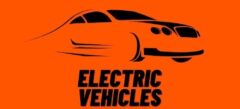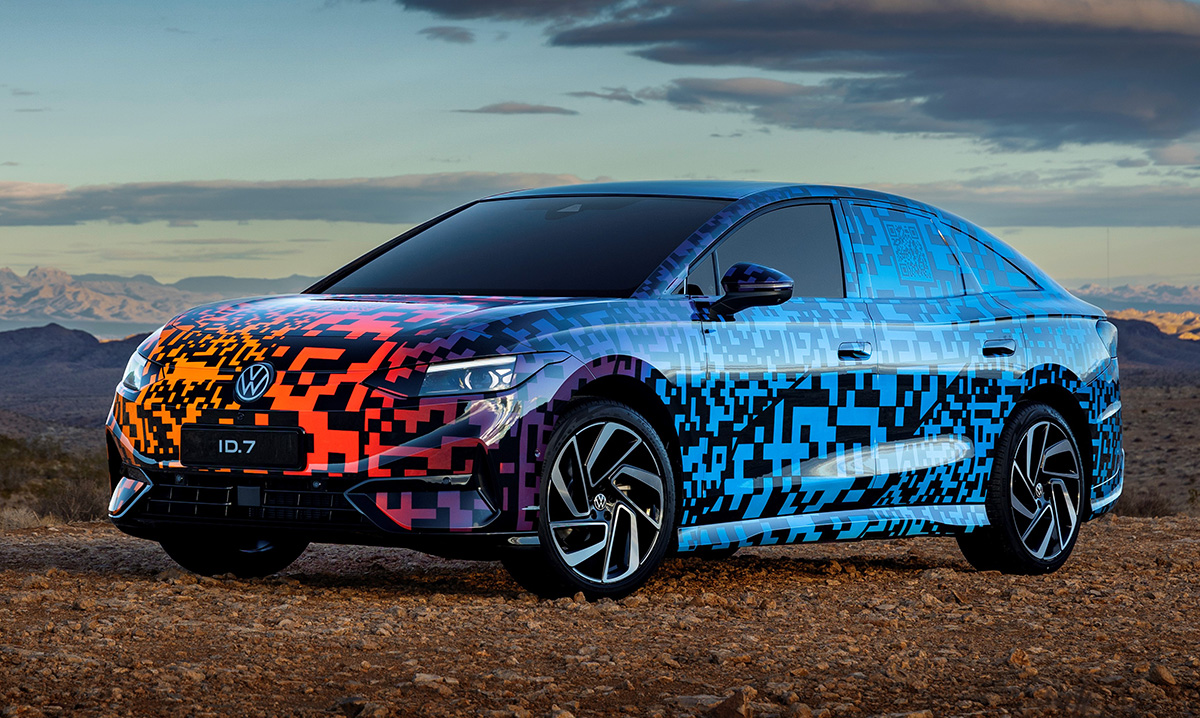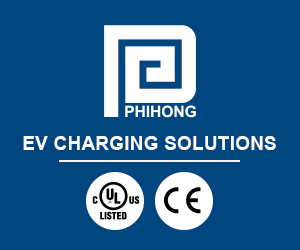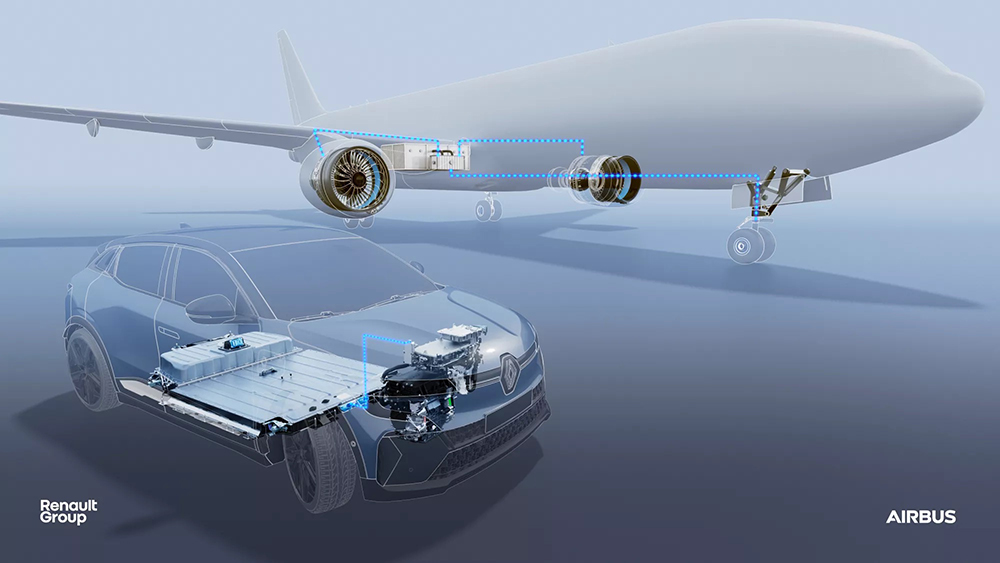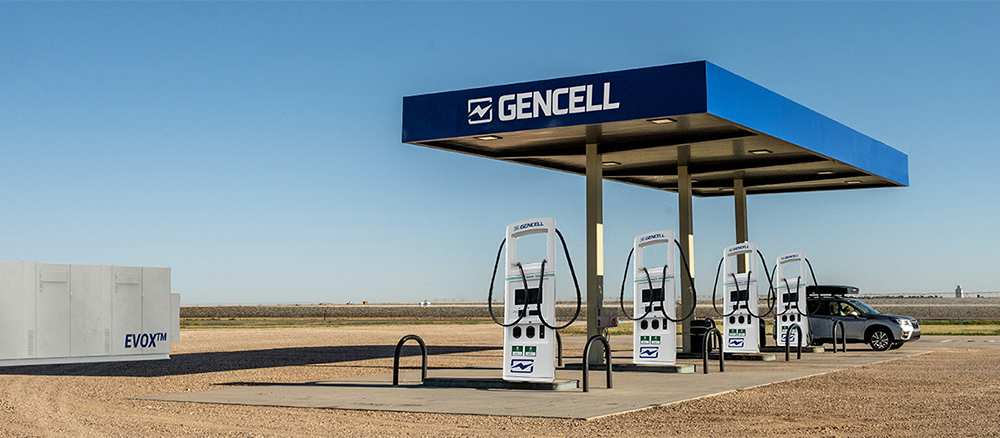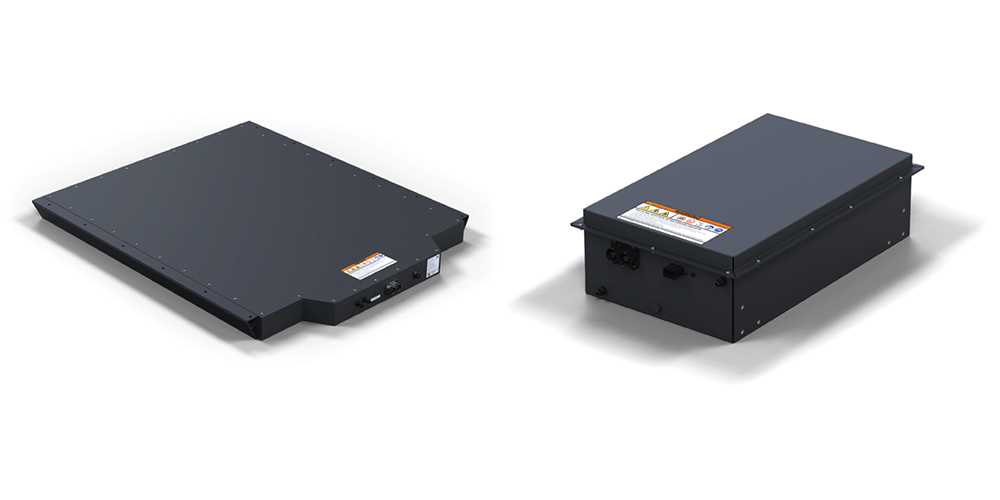[ad_1]
The Passat-sized battery-electric sedan will be sold in North America, Europe, and China
Volkswagen debuted the ID.7, the next new model in its growing range of “ID” battery-electric models today, in an event held before the doors of the huge Consumer Electronics Show (CES) in Las Vegas open to the public Thursday.
The debut or “reveal” of a new car is a time-honored ritual in the auto industry. These days, events are designed with careful attention to video and photo angles, and often broadcast live to the world as the drapes are pulled off the shiny metal.
Ritual, rebooted
In a twist on the standard unveiling, Volkswagen displayed a car, covered in electroluminescent “smart digital camouflage” involving 40 layers of paint, in a variety of lights that changed the colors of its checkerboard-pattern camouflage in sync with music. A QR Code on each rear door window allows interested parties to register for more information. The production vehicle, VW said, will be fully revealed in the second quarter of this year.
The new EV is a sleek, fastback mid-size sedan. It has the same beveled nose and large round ‘VW’ badges as the ID.4 crossover that’s presently its only electric model on sale in the U.S. The interior of the vehicle wasn’t camouflaged; it has a new 15-inch rectangular touchscreen display in the center of the dash, and the usual digital instrument cluster behind the wheel.
VW said little about the car’s technical specs, calling it only “an efficient electric sedan with long-range capability.” It noted the long wheelbase of 116.9 inches, less than half an inch shorter than the 117.3-inch spec for its three-row Atlas crossover utility vehicle. The European version of the car will offer a range “up to 700 km” (about 435 miles), based on the WLTP testing cycle. ID.7 versions in different markets will likely use different cells, giving different battery capacities that will differ in range based on specific test cycles.
Previewed in China
The general shape of the newly named ID.7 was previewed by the ID.Aero concept vehicle shown last June in China. The EV sedan will likely be sold first in that market, where sedans remain a crucial piece of the vehicle market—unlike the U.S., where conventional passenger cars continue to lose ground to taller utility vehicles.
The ID.7 will be built on the MEB architecture VW Group uses for a variety of EV models from Volkswagen and Audi. That’s the same platform that underpins the ID.4 crossover utility vehicle, and the new Audi Q4 e-tron as well. ID.4s for North America are now produced in VW’s assembly plant in Chattanooga, Tennessee, using lines that previously built its Passat mid-size sedan—discontinued after the 2022 model year.
The new ID.7 will ultimately be sold in China, Europe, and North America, VW said. The ID.4, on sale since early 2021, was the first global EV from Volkswagen; this will be the second. European ID.7s will be built in its Emden plant alongside the ID.4; the company said nothing about any potential assembly in the U.S. or Canada.
Volkswagen notes it has “listened to customer feedback” to improve the user experience of its electric cars. The ID.4 utility vehicle and the Europe-only ID.3 hatchback were widely panned for slow response and buggy software on launch; only now, two years later, is Volkswagen rolling out major software updates for the earliest EVs it sold in the U.S.
Digital innovations, pro and con?
VW promises a standard head-up display (HUD) with augmented reality, illuminated haptic slider controls, and digitally controlled “intelligent” air vents. The ID.7 will start to heat or cool itself as the driver approaches, even before entering. Telling the car, “Hello, Volkswagen, my hands are cold,” will turn on the steering-wheel heating and direct more warm air toward the driver’s hands.
Whether U.S. consumers like or want air vents controlled via touchscreen remains an open question. The Rivian R1T and R1S require multiple taps and a touchscreen swipe to change the direction or volume of any vent, which I very much disliked. Perhaps it goes over better in China?
Volkswagen said it has now delivered more than 500,000 electric vehicles on the MEB architecture, starting with the European ID.3 hatchback in September 2020. Other models in the ID line not sold in North America include the ID.5 (a fastback “coupe” version of the ID.4) and the China-only ID.6 three-row crossover.
[ad_2]
Source link
